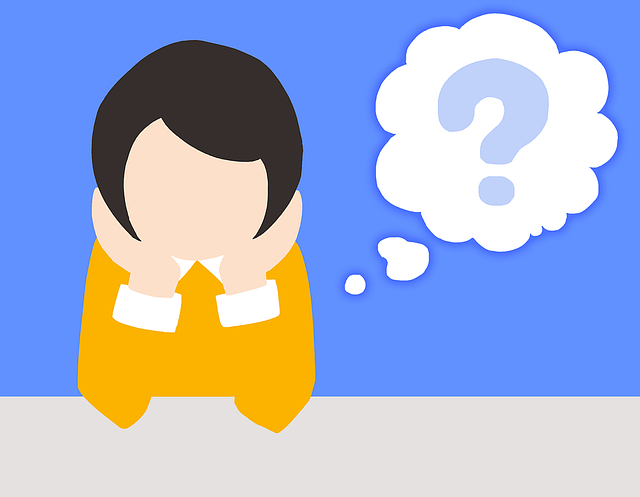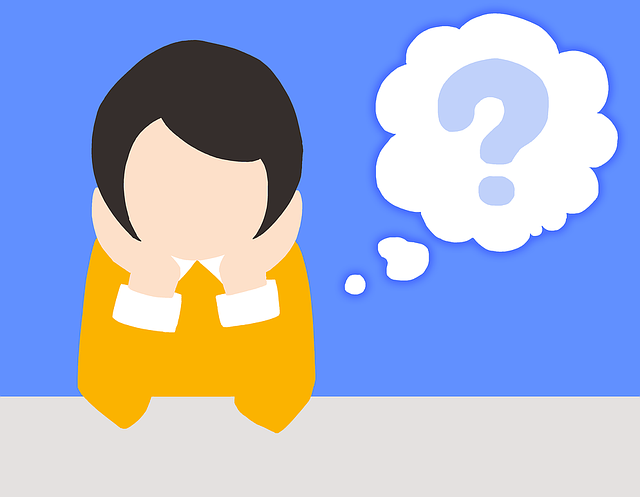
1. Understanding Stress and Anxiety
Stress and anxiety are natural responses to perceived threats, but when chronic, they can harm both mental and physical health. Stress triggers the body’s “fight or flight” response, releasing cortisol and adrenaline, while anxiety involves persistent worry that interferes with daily life. According to the American Psychological Association, chronic stress contributes to 60% of illnesses, including heart disease, digestive issues, and weakened immunity. Recognizing the difference between temporary stress and chronic anxiety is the first step toward managing them effectively.
2. Practice Deep Breathing and Mindfulness
Deep breathing activates the parasympathetic nervous system, signaling the body to relax. The 4-7-8 technique (inhale for 4 seconds, hold for 7, exhale for 8) has been shown to reduce anxiety within minutes. Mindfulness meditation, backed by Harvard research, rewires the brain to decrease stress reactivity. Just 10 minutes daily can lower cortisol levels and improve emotional regulation. Apps like Headspace or Calm offer guided sessions for beginners.
3. Exercise: A Natural Stress Reliever
Physical activity releases endorphins, the body’s natural mood boosters. Studies show that 30 minutes of moderate exercise (walking, yoga, cycling) 3-5 times per week reduces anxiety as effectively as medication for some people. Yoga, in particular, combines movement with breathwork, lowering cortisol and enhancing relaxation. Even a short walk outdoors can reset a stressed mind.
4. Prioritize Sleep for Emotional Resilience
Poor sleep exacerbates stress and anxiety by disrupting emotional processing. The National Sleep Foundation recommends 7-9 hours per night for adults. Improve sleep hygiene by keeping a consistent schedule, avoiding screens before bed, and creating a cool, dark environment. Research shows that sleep deprivation increases anxiety by up to 30%, while quality rest restores emotional balance.
5. Eat a Stress-Reducing Diet
Certain foods either fuel or fight anxiety. Magnesium-rich foods (spinach, almonds, dark chocolate) regulate cortisol, while omega-3s (salmon, walnuts) reduce inflammation linked to stress. Avoid excessive caffeine and sugar, which spike cortisol. Probiotic foods (yogurt, kimchi) support gut health, which is directly linked to mood via the gut-brain axis.
6. Limit Screen Time and Digital Overload
Constant notifications and social media scrolling keep the brain in a heightened state of stress. Studies link excessive screen time to increased anxiety and poor sleep. Set boundaries: turn off non-essential notifications, designate tech-free hours, and try a digital detox one day per week. Replace screen time with hobbies that promote relaxation, like reading or painting.

7. Build a Support System
Social connections buffer against stress. Talking to a trusted friend or therapist lowers cortisol and provides perspective. Research shows that people with strong social ties experience 50% less stress than those who isolate themselves. Join a support group, schedule regular check-ins with loved ones, or consider therapy if anxiety feels unmanageable.
8. Try Progressive Muscle Relaxation (PMR)
PMR involves tensing and releasing muscle groups to relieve physical tension. Studies confirm it reduces anxiety symptoms by 40% or more when practiced regularly. Start with your feet and work upward, holding tension for 5 seconds before releasing. Pair with deep breathing for maximum effect.
9. Challenge Negative Thought Patterns
Cognitive Behavioral Therapy (CBT) techniques help reframe anxious thoughts. Ask yourself: “Is this worry based on facts or fears?” Journaling can uncover recurring stress triggers. A 2018 study found that writing about worries for 10 minutes daily reduced anxiety by shifting perspective.
10. Create a Relaxation Routine
Consistency is key. Design a daily wind-down ritual: herbal tea, soft music, or light stretching. The brain associates these cues with relaxation, making it easier to de-stress. Over time, this conditions your nervous system to remain calmer under pressure.
Final Thoughts
Managing stress and anxiety requires a mix of mind-body techniques, lifestyle adjustments, and self-awareness. Start with one or two strategies, track what works, and build from there. Small, consistent steps lead to lasting calm.
